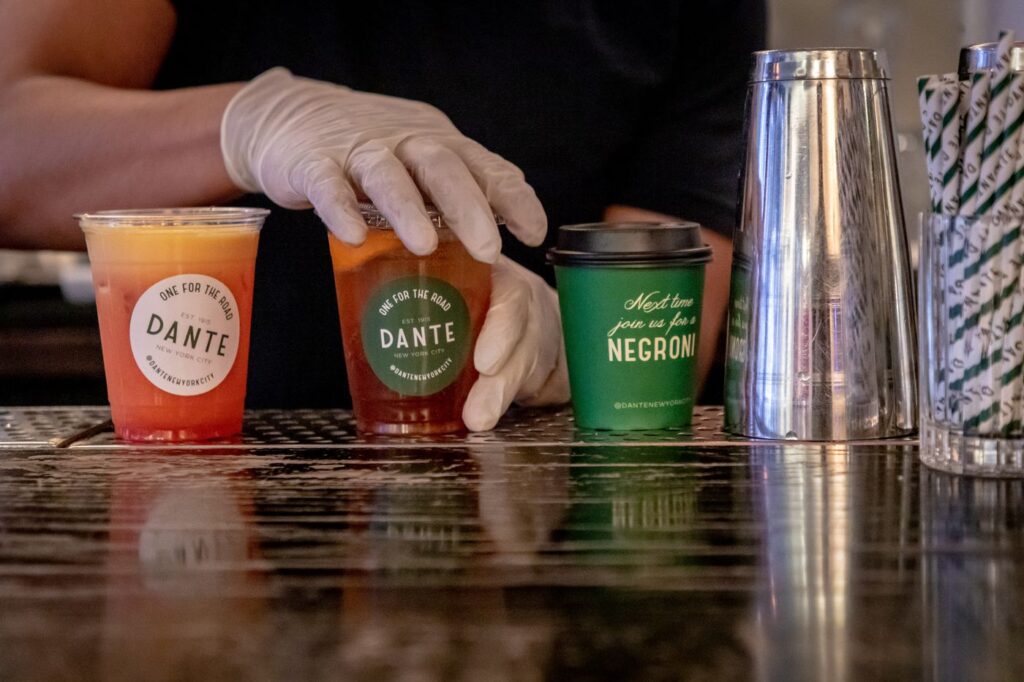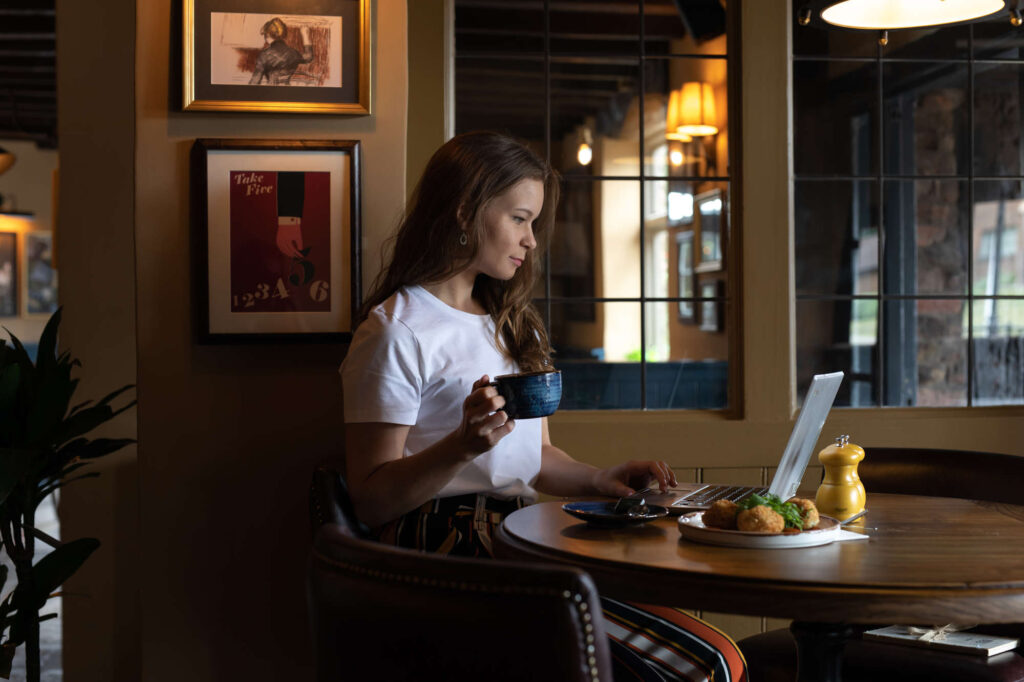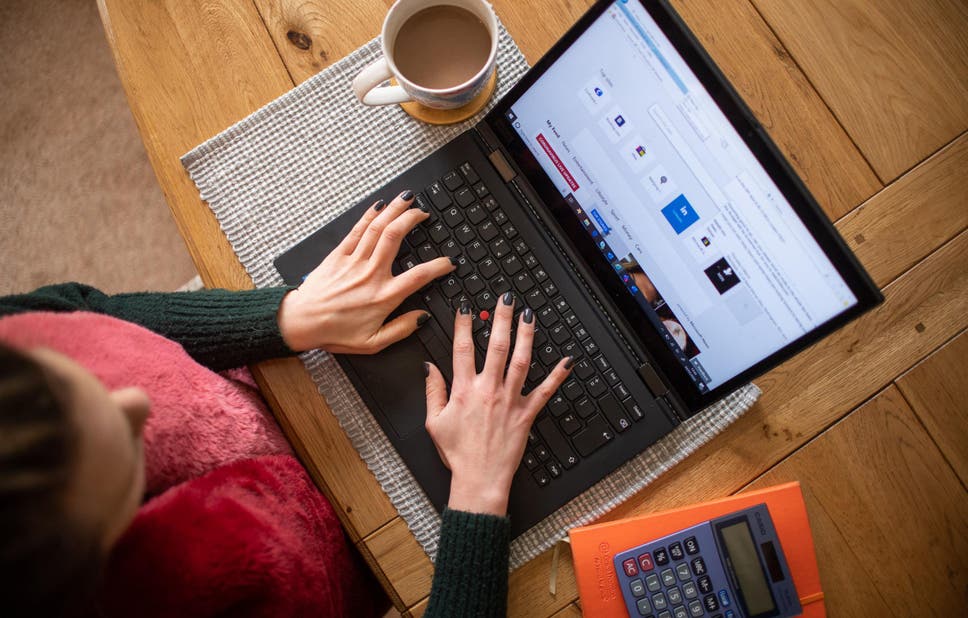A tough time for hospitality just keeps getting tougher. But is there a way businesses could future-proof themselves and ride out the storm?
One step forward, then seven or eight back. Late 2020 has been brutal for bars and pubs, especially in the UK. Following the announcement in September of an on-trade curfew of 10pm in the UK, and October’s tier system that seemed to single-out hospitality over other business such as retail and gyms, with harsher restrictions and forced closures, the trade was hit by a national lockdown that saw all businesses closed. Regulations demanding all alcohol is served with a substantial meal, and the closure of venues in Tier 3 areas has only added to the woes of businesses in what would have been their busiest trading period.
Though support is in place broadly in the UK for businesses suffering a turndown in trade due to Covid-19, a lack of sector-specific report has many saying that soon, business will simply become untenable. Pub and hospitality trade bodies the British Beer & Pub Association (BBPA), the British Institute of Innkeeping and UKHospitality revealed joint research in mid-November that suggested 72% of sector businesses expect to become unviable and close in 2021. The figures, which were gathered by market research company CGA, are stark, revealing the impact that restrictions such as the rule of six, legislation that requires venues to serve a substantial meal alongside any drink, and with gatherings of mixed households prohibited indoors, are having.
According to the CGA study, under tier one restrictions, only 25% of operators said they could turn a profit. Under tier two restrictions, 76% said they would be unviable or operating at a loss. For those pub and hospitality businesses having to operate under tier three restrictions, the survey found that 94% would be unviable or operating at a loss. In July, the first month of trading following the UK’s national lockdown, sales were down 50.4% year-on-year, with restaurants worse hit than pubs and London suffering more than the rest of the UK, according to CGA. The BBPA revealed that overall sales across all pubs in the UK during the first weekend of December were 84% lower than last year.
But is there another way? With business so often interrupted and capacity limited, are there other business models venues could switch to, or measures they could adopt in order to survive?
One very visible way in which hospitality has adapted its business model in 2020 was through takeaway offers. For many, the easing of licensing restrictions in major cities in the US, such as New York, was a lifeline. Dante in New York not only shifted to a take-away and delivery cocktail service when mandated to close in March. But it also started prepping and cooking 450–500 hospital meals a week to supply local hospitals. The meals were funded by the local community who donated support doctors and nurses. Delivery services such as Postmates, Deliveroo, and UberEats have allowed bars to pre-package and brand their drinks for people to enjoy at home, providing a much needed revenue source.

But is it time to rethink hospitality’s business model completely in a time when walk in sales, and even delivery volumes cannot be guaranteed? UK coffee chain Pret – a staple of city centres – has suffered a severe dent in business following stay-at-home orders that have seen office and other workers remain home. To shore-up revenues, it recently launched a subscription model that most resembles something akin to gym membership by ensuring a base level of income, no matter how many times a customer actually visits the business. For £20 a month customers can enjoy unlimited hot drinks, and the first month is free. Could bars try something similar?
Young’s pub company is one business looking to a similar model. It’s ‘Work From Pub’ deal offering packages to attract freelancers and home-workers. Deals and packages vary from pub to pub, but in all, customers working during the day will have access to free WiFi, charging points, quiet spaces, and food and drink deals. At The Kings Head in Winchmore Hill, a £20 fee includes a sandwich lunch, bottomless tea and coffee, and a pint of beer or glass of wine at the end of the working day. The Hammersmith Ram offers unlimited hot drinks and lunch for £10.50. The Lion and Unicorn in Kentish Town offers a seat in its co-working space, a dish from brunch or lunch, plus a coffee and tea throughout the day for £15.

With bars usually only open during the evening, would extending business hours and adding some facilities for workers help to create new trading hours, securing income without the need for abundant staff numbers? Those working from venues mostly need space, quiet, and occasional refreshments, meaning staffing levels needn’t be high. Should bars be marketing themselves as providers of such a service, offering bounce-back deals that incentivise customers to return during traditional trading hours for a cocktail?
Independent Cornish pub, The Polgooth Inn, has turned itself into a digital hub during Covid-19 to provide access for local people who don’t have the facilities at home. Using an underused end of the bar, the pub accessed Pub is the Hub community services grant, to boost its WiFi, add laptops, a smart TV and a printer on some new tables. As Covid-19 rules ease, the intention is to offer the new facilities to local groups, for village meetings, for training courses, and for courses to improve digital skills.

Of course, many of these shifts in direction only actually work if venues are able to get people through the doors in the first place. However, many consumers have maintained gym memberships throughout 2020, even when venues have been closed. Many gym companies have offered a number of options; pay as normal to support the gym and receive exclusive classes or discounts on re-opening, pay less and again receive special offers when open, or freeze it.
Could this be an option for bars, many of whom have incredibly loyal followings, and would want to support them? Back in 2012, New York bar and restaurant Saxon + Parole launched the Cabinet of Cocktail Curiosities. For $75 a month customers had a bottle with their name on it, waiting for them in a glass-fronted cabinet, which was filled each month with eight servings of a special edition cocktail, made using new techniques, rare liquids, or exclusive bottlings. Could something similar work now? Could bars secure themselves regular custom now during lockdown, ready for when they re-open by using the lure of an enhanced or bespoke service?
Services such as priority bookings and added extras when you visit, could be a real draw for customers who are fining it hard to secure tables in venues with socially-distanced, reduced capacity, especially on peak trading nights.
The key to businesses surviving Covid-19 and its many challenges is obviously full, adequate, and sector-specific government support. But there may yet be some methods venues could use, beyond delivery services, to boost the coffers, and help draw an income.
